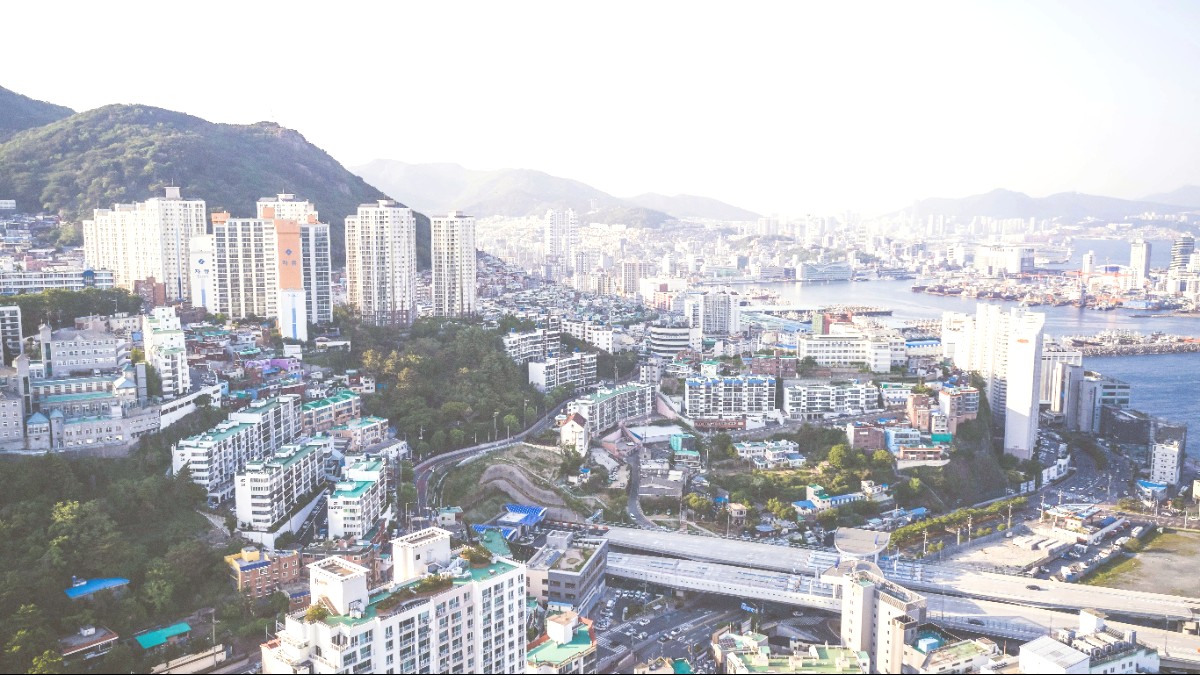
Gyeongsangnam Do, South Korea
Purchase local SIM cards upon arrival at Gimhae International Airport (PUS) or major telecom stores. A passport is necessary for activation. Pre-paid SIMs suit short-term visitors.
Renting a portable Wi-Fi device is popular for groups. South Korea offers ubiquitous internet access with widespread free public Wi-Fi.
Korean is the official language. English proficiency varies, higher in tourist areas. Translation tools are invaluable.
Learning a few basic Korean phrases is always appreciated by locals and makes interactions smoother.
Download essential translation apps and consider your SIM/eSIM/Pocket Wi-Fi options before your arrival for immediate connectivity.
Banks generally open 9:00 AM to 4:00 PM, Monday to Friday. ATMs are widely available 24/7 at banks, metro stations, and convenience stores.
Department stores and large malls open 10:00-10:30 AM and close 9:00-10:00 PM. Smaller shops and markets may have longer or more varied hours.
Most restaurants open for lunch around 11:00-11:30 AM, closing around 10:00 PM. Many have a break between lunch and dinner (3:00-5:00 PM).
Convenience stores are ubiquitous and generally open 24/7. Museums and major attractions typically open 9:00-10:00 AM and close 5:00-6:00 PM, often with a Monday closure.
South Korea observes several national holidays, many based on the lunar calendar. Services may see some changes, with businesses closing or reducing hours.
Verify specific operating hours for attractions and businesses during your travel dates, especially around public holidays.
Embracing local etiquette enriches your experience and shows respect for Korean culture.
A slight bow is a common greeting, especially when meeting someone for the first time or showing respect. Handshakes are also common. South Koreans generally dress stylishly.
Tipping is not customary in South Korea. Meals are often for sharing. Generally, photography is acceptable in public spaces.
Be mindful of conversational topics and cultural practices to maintain respectful interactions.
South Korea is generally safe for solo female travelers. Public spaces are well-lit. LGBTQ+ rights and visibility are progressing, but public discretion is still advised.
A little effort to learn and respect local customs greatly enhances your travel experience and fosters positive interactions.
Busan has made strides to improve accessibility, making it more welcoming for all visitors.
Major cities in South Korea, including Busan, have invested in accessible infrastructure. Newer buildings, large public facilities, and some tourist attractions are designed with ramps and elevators.
Busan's public transport network is increasingly accessible, aiming to accommodate travelers with mobility needs.
Efforts are made to assist travelers with visual or hearing impairments in public spaces and transportation.
Several organizations offer information to help plan an accessible trip to Busan and South Korea.
While Busan is becoming more accessible, researching specific sites and transport options beforehand ensures a smoother journey.